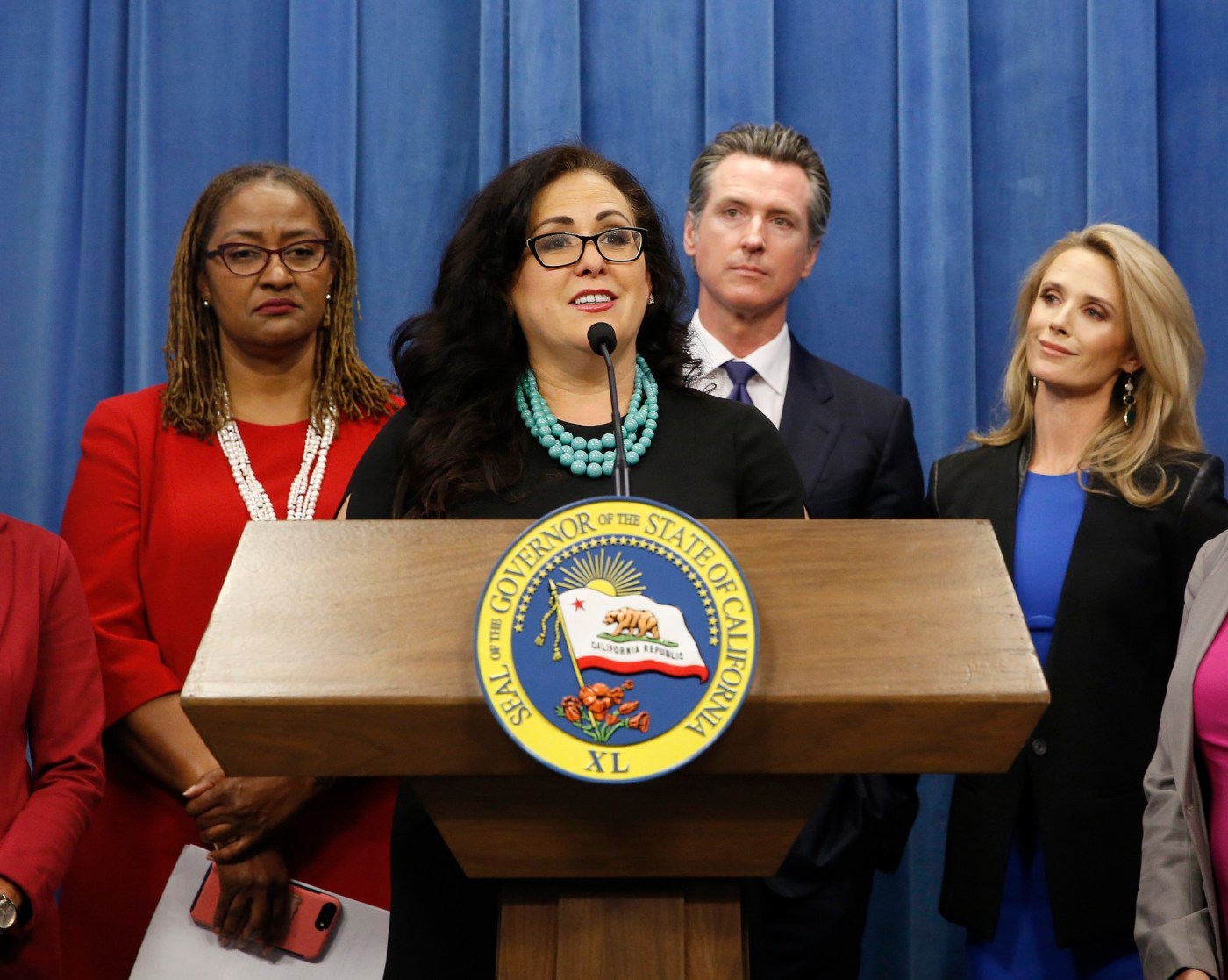California’s Assembly Bill 218, signed into law by Governor Gavin Newsom in 2019, has raised significant concerns regarding the financial stability of public agencies across the state. The legislation extends the statute of limitations for civil claims related to childhood sexual assault, a move that critics argue will result in substantial financial burdens for school districts, counties, and cities already facing fiscal challenges.
The bill’s origins can be traced back to Lorena Gonzalez-Fletcher, a member of the California Assembly, who sought to hold organizations accountable for the actions of employees involved in childhood sexual abuse. Her earlier attempts, notably Assembly Bill 3120, were vetoed by then-Governor Edmund G. Brown Jr. due to concerns about the long-term financial implications for public entities. Brown cited the need for fairness and the principle that individuals and organizations should eventually be secure from lawsuits related to past actions.
In his veto message, Brown referred to the consequences of similar legislation in 2002, when a one-year extension led to over 1,000 claims against the Catholic Church, resulting in payouts exceeding $1.2 billion. He expressed concern that AB 3120, and subsequently AB 218, would exacerbate financial strain on public agencies by reopening old cases and potentially leading to increased insurance costs and litigation.
Despite these warnings, Gonzalez-Fletcher persisted with AB 218, presenting it as a revised version of her earlier proposal. The bill advanced through the legislature without significant opposition, as many Republican lawmakers chose to abstain from voting. Newsom’s approval of the bill has since drawn criticism, especially as the state grapples with declining fiscal health under his administration.
California’s financial position has deteriorated during Newsom’s tenure, dropping from 41st to 44th in per capita fiscal rankings. This decline raises questions about the sustainability of public programs and the ability of local governments to manage increased liabilities stemming from AB 218. Notably, the Los Angeles Unified School District recently announced plans to issue $500 million in bonds to cover lawsuit settlements, while the County of Los Angeles is set to issue $4 billion in bonds for similar reasons.
As municipalities brace for the financial impact of AB 218, there are concerns about how they will manage the influx of new claims and the associated costs. Many public employee unions, which had hoped for salary increases, may find those aspirations stymied by the new financial realities imposed by this legislation.
Gonzalez-Fletcher has since transitioned to a leadership role at the California Labor Federation, where her focus will be on securing better wages and benefits for public employees. Yet, critics argue that the fiscal burden created by AB 218 could hinder these efforts.
In light of these developments, California’s public agencies face an uncertain future as they navigate the complexities introduced by AB 218. The long-term ramifications of this legislation remain to be seen, but the immediate challenges are clear: public entities must now prepare for a wave of litigation that could strain their already limited resources.
